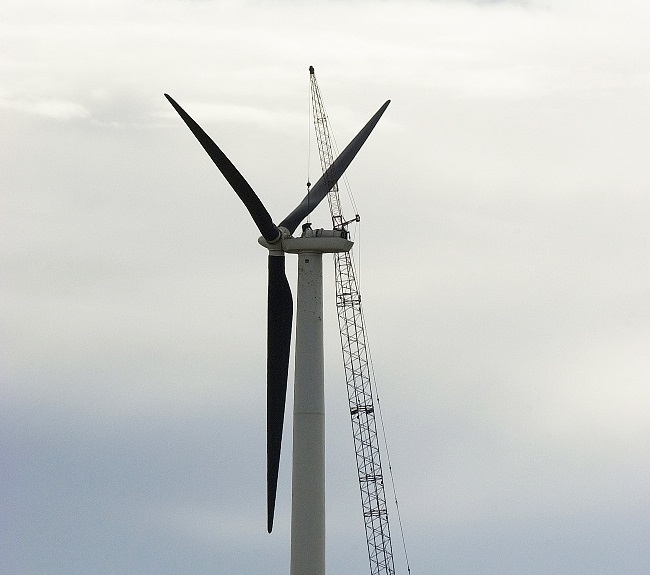Debate continues on clean energy standard bill

Is Minnesota one step closer to instituting a “100% clean energy standard” for utilities doing business in the state? Well, maybe a half-step.
A 90-minute meeting of the House Climate and Energy Finance and Policy Committee proved not long enough Thursday to handle all questions and suggested revisions to HF278, a bill sponsored by the committee chair, Rep. Jamie Long (DFL-Mpls). After approving two amendments and rejecting four others, the committee adjourned and will likely take the bill up again next week.
The bill would require all of a utility’s electric power come from carbon-free resources by 2040. Its first benchmark would be 65% in 2025, increasing every five years to reach 100% in 2040. It would also encourage the location of new generating facilities in communities that are losing fossil-fuel-based power plants, and allow the Public Utilities Commission to require prevailing wage for workers constructing wind and solar facilities.
The two amendments that were approved addressed an issue brought up by environmental groups testifying at a Jan. 21 informational hearing: As introduced, the bill contains language that accepts waste incineration as a “renewable energy source.”
An amendment offered by Rep. Frank Hornstein (DFL-Mpls) would rectify that, identifying solid waste incinerators of certain types to be “not an eligible energy technology.” It was adopted on a party-line vote, as was another Hornstein amendment that would fund an environmental impact study on construction materials for new state buildings and infrastructure.
Among the defeated amendments was one that would have ended the state’s moratorium on new nuclear power plant construction and another that would have added language on carbon capture technology, but required a percentage goal deemed too low by Long.
The bill has no Senate companion.
Related Articles
Search Session Daily
Advanced Search OptionsPriority Dailies
Legislative leaders set 2026 committee deadlines
By Lisa Kaczke Legislative leaders on Tuesday officially set the timeline for getting bills through the committee process during the upcoming 2026 session.
Here are the three deadlines for...
Legislative leaders on Tuesday officially set the timeline for getting bills through the committee process during the upcoming 2026 session.
Here are the three deadlines for...